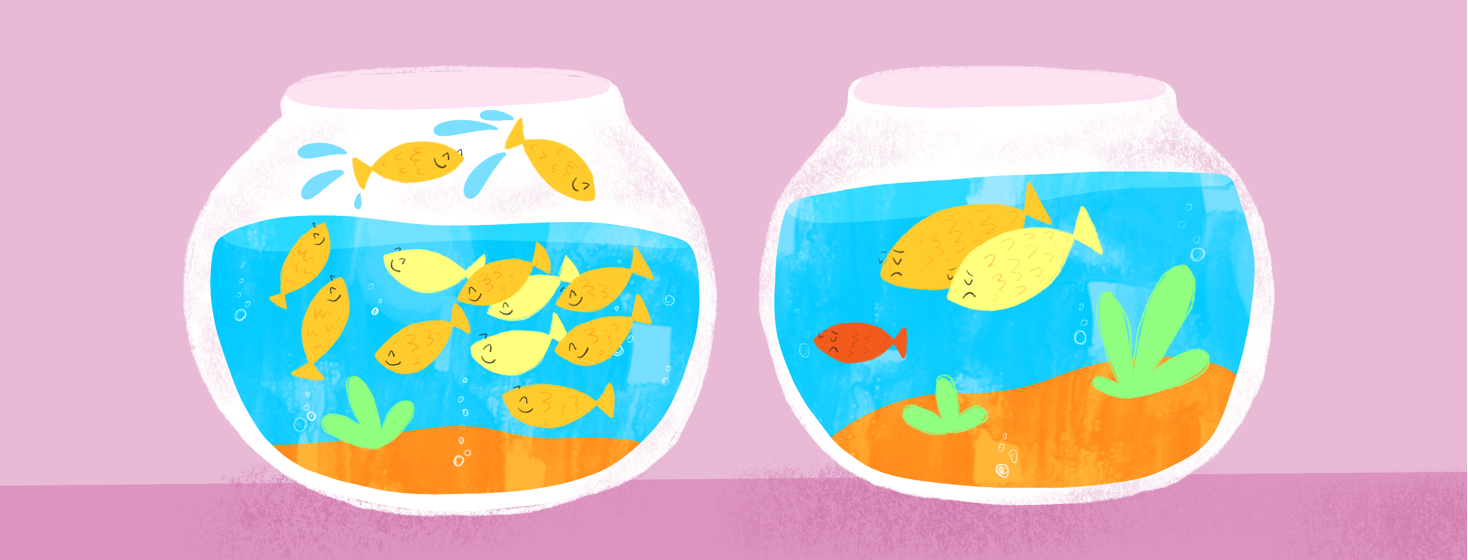Life With Juvenile Arthritis: Things I Wish My Parents Had Known
Living with rheumatoid arthritis is incredibly tough at any age. But for kids with the disease, there are unique challenges to face.
Navigating things like sleepovers, first dances, and school sports aren’t easy when you don’t deal with extreme pain, joint changes, and fatigue. When you do, these fun activities can turn into stressful, dreaded hours to be endured.
Growing up with JRA
Growing up with juvenile rheumatoid arthritis (JRA) half a century ago was a much different experience medically. But emotionally, I suspect the struggles kids have today are similar to the ones I experienced.
Looking back, there are a couple of things that I wish my parents had known (because they would have made my early life much happier) and also some things they did do that helped immensely.
Being part of treatment conversations
When I was young, my Dad understood that I needed to be part of the conversation when I was at a medical appointment.
I remember one visit to the dentist, where I was having multiple teeth removed in order not to crowd my small mouth. The dentist started to say to me, "This won’t hurt,” as he was approaching me with a huge needle.
My Dad stopped him, and said, “Kathryn needs to hear everything you are going to do before you do it, and also the truth about that needle.” The dentist paused and then did just that.
Having some control whenever possible
Looking back, I realize that the uncertainty I lived with made it important for me to have some semblance of control wherever that was possible, and one way my parents did that for me was to bring me into the conversation about my treatment.
It's hard to talk about pain
One thing that was harder for us was to get me to talk about my pain. Whenever I was asked about how I was feeling, my go-to word was “Fine.” It wasn’t until I was in college and my new rheumatologist told me, “Fine is not an answer,” that I began to really think about the question, and answer differently.
I did this because, at the time, I had told myself that no one could do anything about the pain anyway so I might as well just deal with it. Of course, that was false thinking and if I had ever said those words out loud, the adults around me would have realized that communicating my feelings was hard.
Getting outside help and support
What I needed was a therapist, someone who could help me understand that what I was dealing with was just too much for anyone to handle alone.
Communication skills are important for everyone, and given the enormity of life with JRA and all this entails, I think every child with JRA should talk to a professional outside of his/her family. Realistically, what child - especially one who learns what immense pain feels like before she learns to talk - can be expected to know how to communicate about it? It's just asking too much.
Help kids find their passion and support them
Growing up, I was surrounded by smart, athletic people. My best friend was an athletic superstar, my siblings went to Ivy League colleges, my parents were hardworking energizer bunnies, and I was there, in the middle of all this success, wondering where I fit in.
JRA can impact self-estem
What could I possibly do to feel that accomplished, to feel good about myself? It wasn’t until I was in my mid-twenties that I found my stride, but the years before that were really tough on my self-esteem.
I wouldn’t want anyone else to feel that way which is why I give this advice to parents of kids with JRA: help them find something they love and are good at. Then support them in their passion, the way parents of athletes support and cheer on their kids. JRA can kill self-esteem if there isn’t something to counterbalance this.
Life with JRA is complicated. But with support, kids with JRA can build a beautiful life. My adult JRA friends and I can attest to that!

Join the conversation